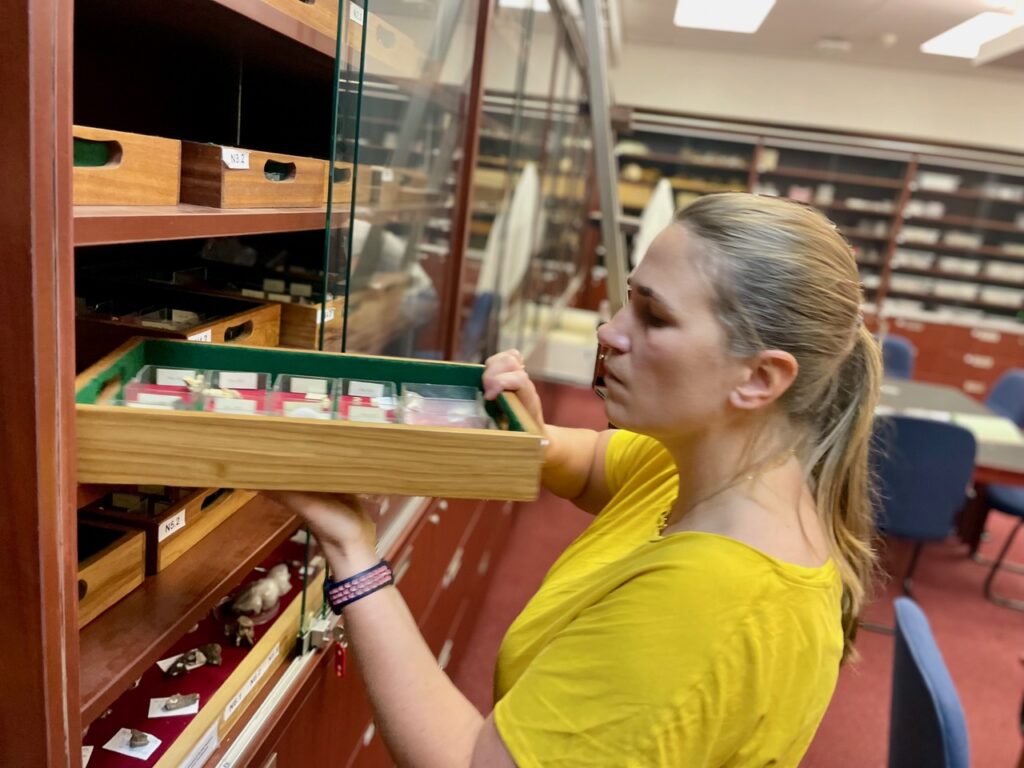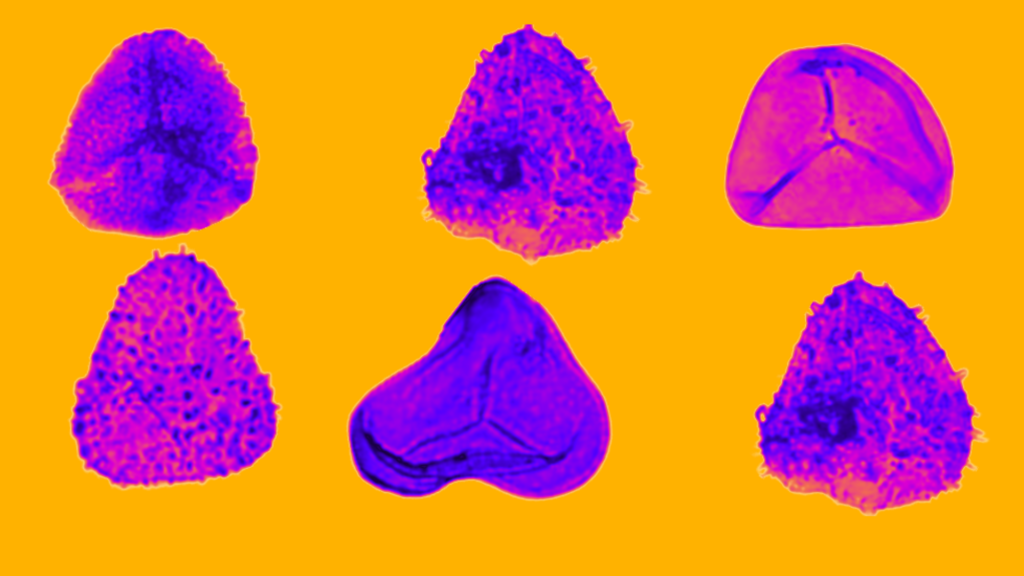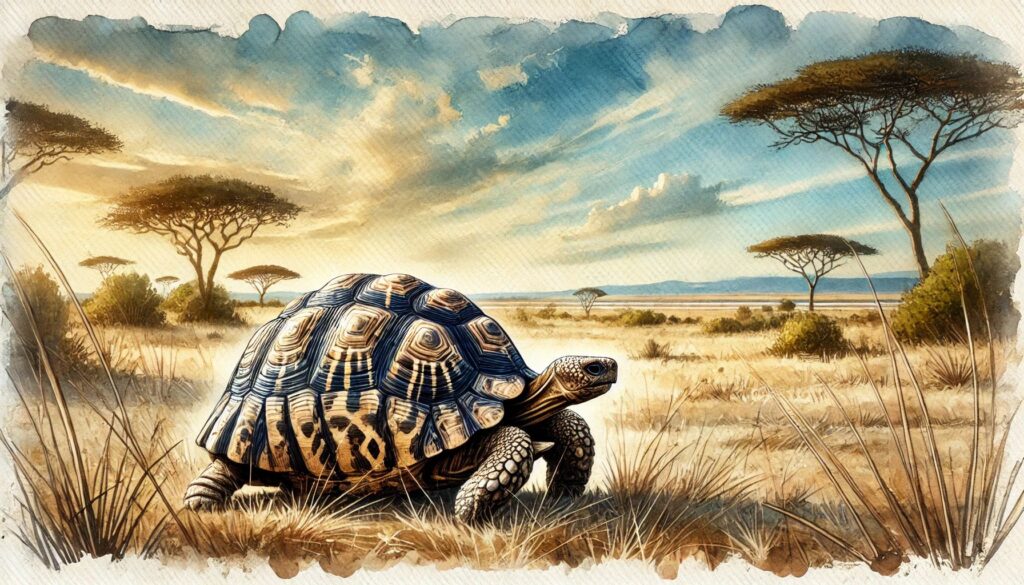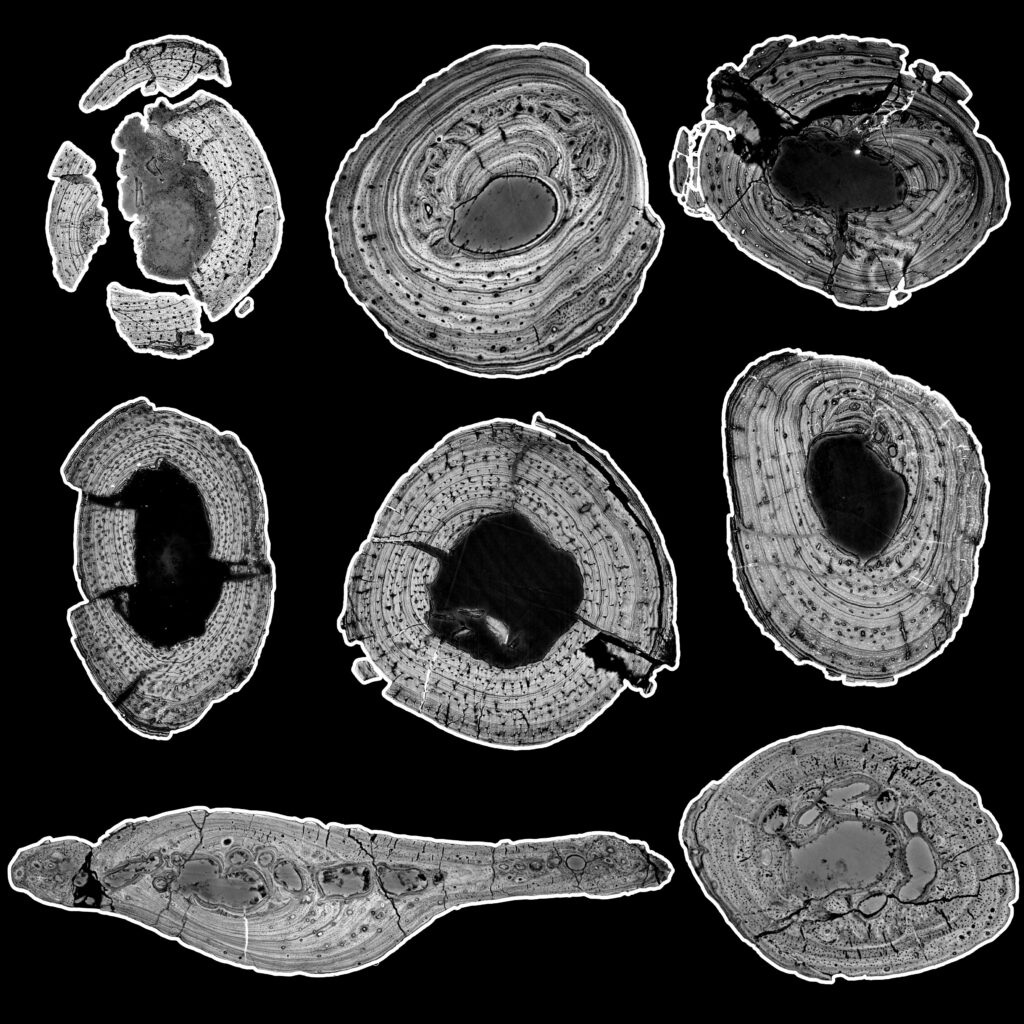From Toba to Tonga: The rhyming consequences of volcanic disasters
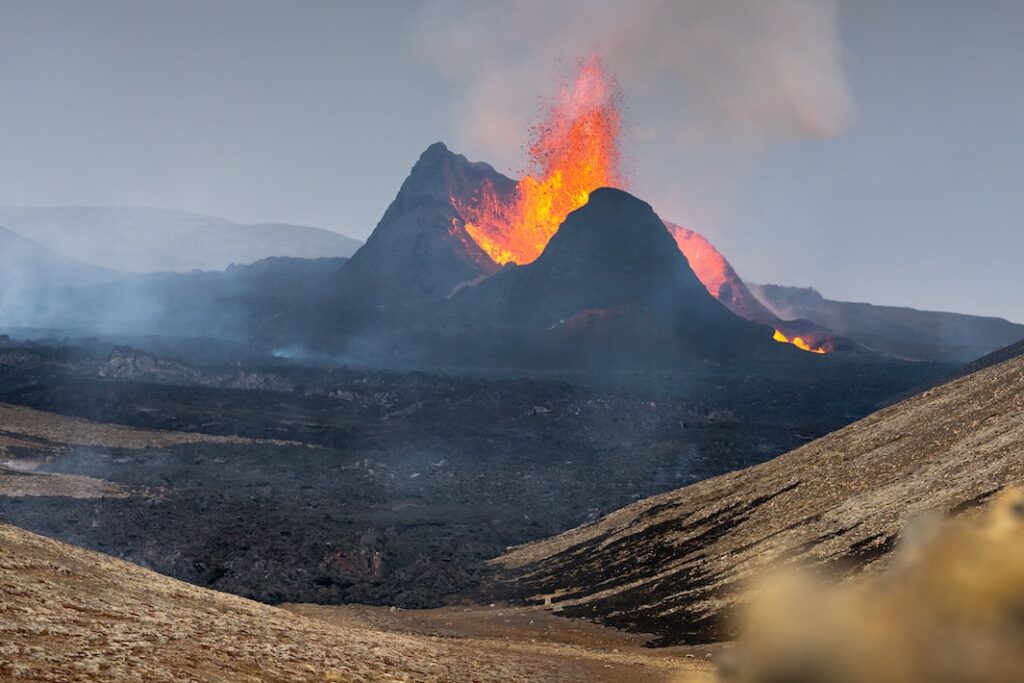
Small bites
- The Tonga volcano eruption is expected to have some effects on the global climate; however, we do not know the effects of this climate reaction on our resources.
- The Toba super-eruption is an analogue to scale and understand volcano after-effects, such as those of Tonga, on climate.
- We need more paleoenvironmental research to understand the effects of volcano aftermaths on plant resources to prepare for similar events in the future.
What can we learn from the past about the effects of volcano eruptions?
On the 15th of January 2022, a volcano eruption of the Hunga Tonga – Hunga Haʻapai volcano occurred in the Kingdom of Tonga. The news of this event shook the world as much as the chain of negative reactions that followed immediately after. Dubbed the biggest volcano explosion ever observed by satellite imagery, the Tonga eruption event triggered a shockwave that was felt across the globe, accompanied by a thunderous sound wave that was heard as far as Alaska. The damage that resulted from the incident has not been finalised, but the loss of life and property has been certain.
We know it has been granted a Volcanic Explosivity Index (VEI) of 5/7, but we do not know what lingering negative effects it will have on our civilization beyond those of its’ initial eruptive force. The ash column that was impressively visible from space is believed to have reached >35 km into the stratosphere, where fine ash particles have begun to circulate the earth. These particles will increase the earth’s albedo effect and trigger an unknown amount of reduction in global temperatures. So far, it’s been predicted that lowered global temperatures will last for, perhaps, the next years. However, this is not enough to combat the current anthropogenic climate change crisis.
To put this possible climate consequence into perspective, the worst eruption that occurred during human history- that of Toba, 74 000 years ago- had a VEI of 7/7 and is suspected to have lowered atmospheric temperatures enough to destroy many resources on which people depended globally. As a result, it has been suggested that the survivors of Toba were forced to endure an extended period of global ecological stress. Although the Tonga volcano is not as severe, it is likely to affect our resources to some degree, especially plants.
Therefore, the study of volcano aftermaths in the past through palaeobotany and archaeobotany is crucial for our civilization. These can help us recover information from the past that may be adapted into solutions when we encounter similar disasters in the future. The misdeclaration of Tonga’s dormancy state prior to the eruption on 14 -15th of January, further proves that our best chance to survive similar events in the future lies not in predicting or preventing them, but in strategizing around them.
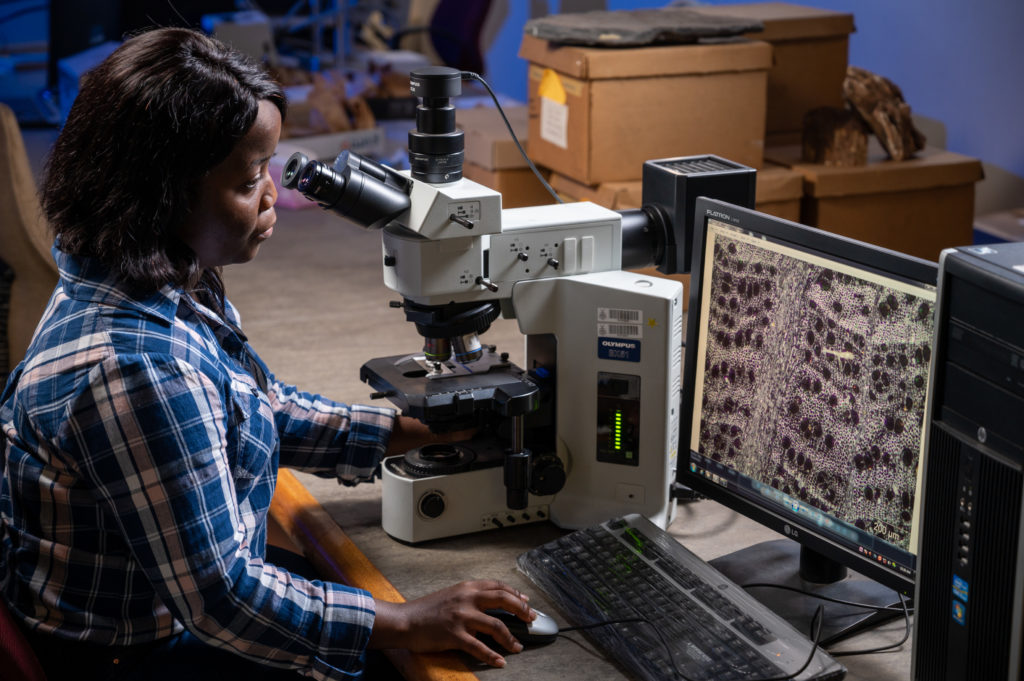
Research into palaeoenvironments is the key to many solutions that we need in our modern society, and I vouch for more archaeobotanical research in this regard.
-Bongekile Zwane
